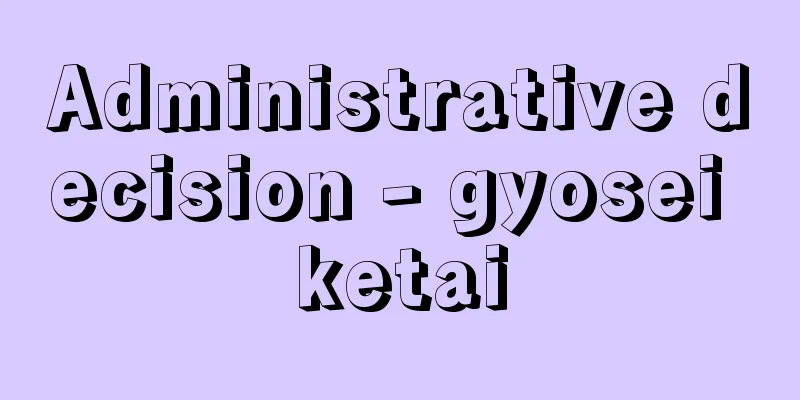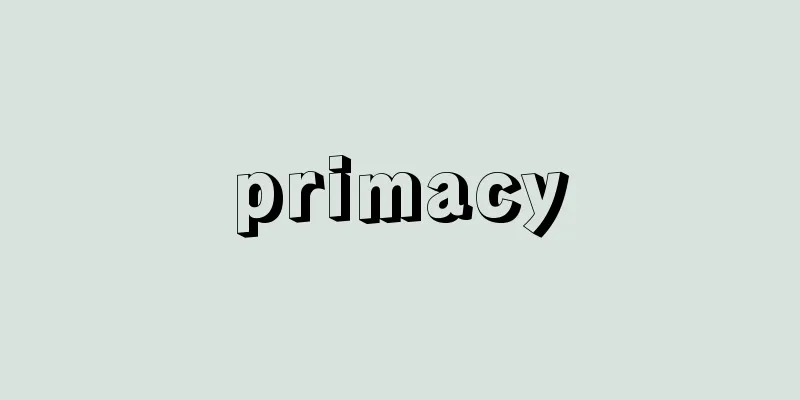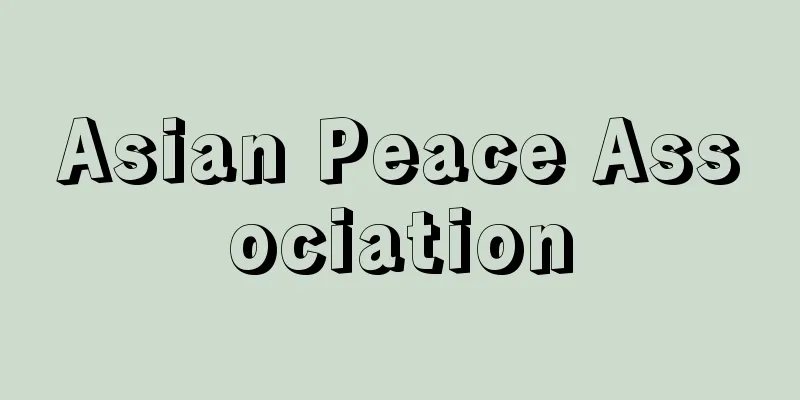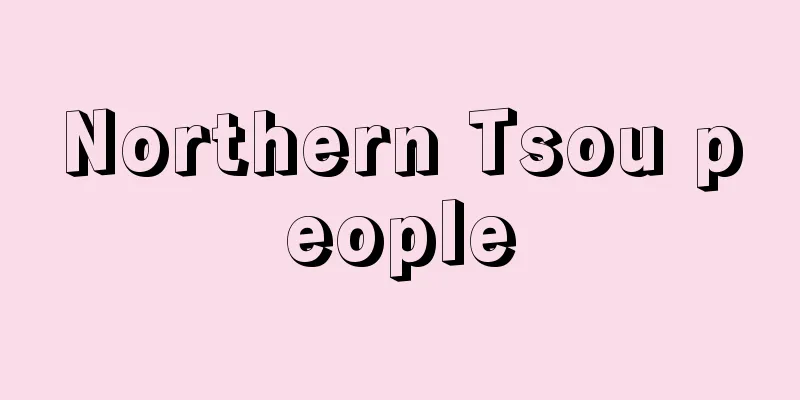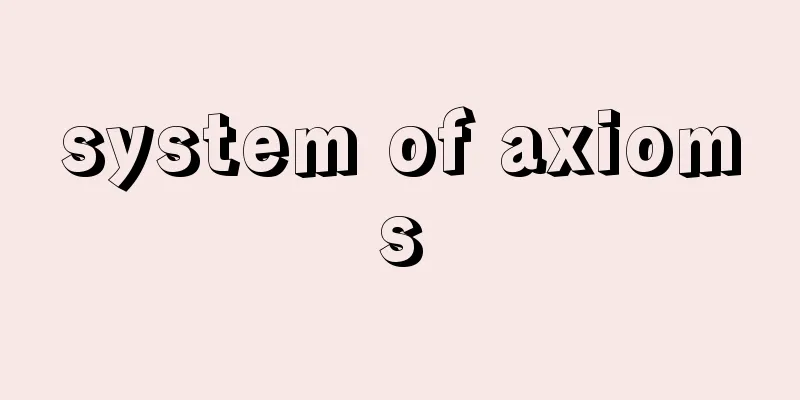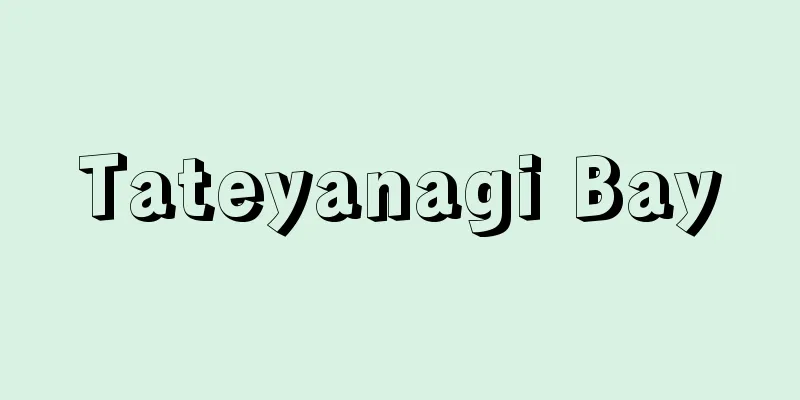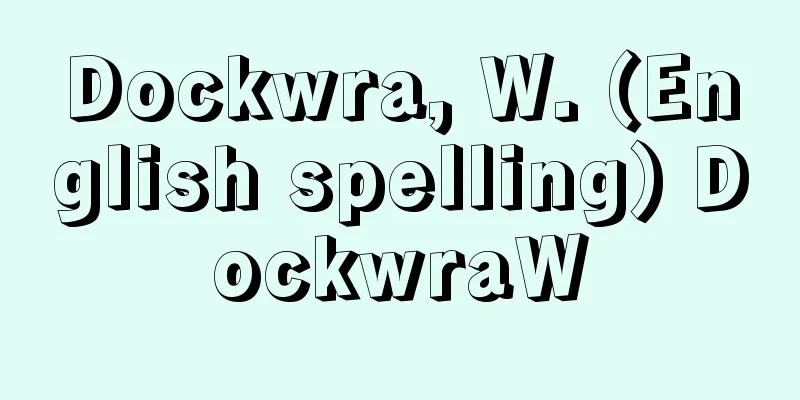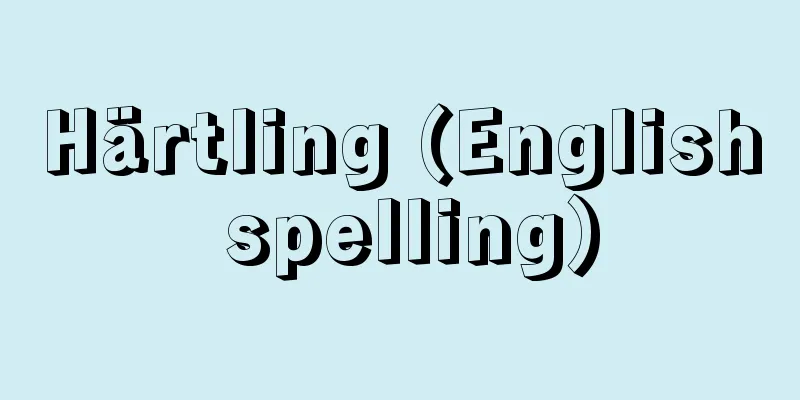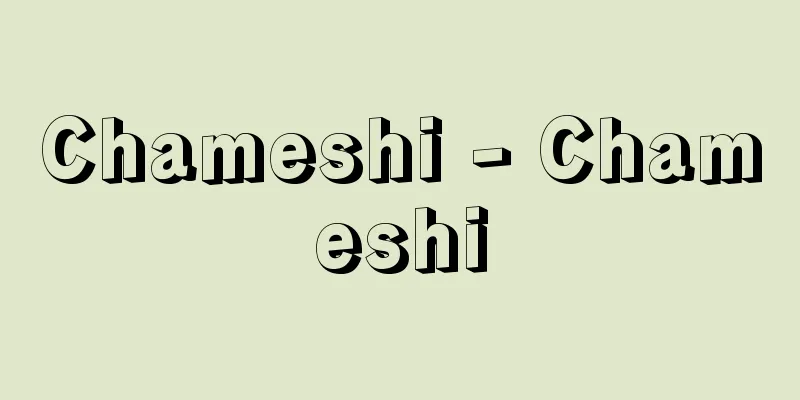Absolute music (English spelling)
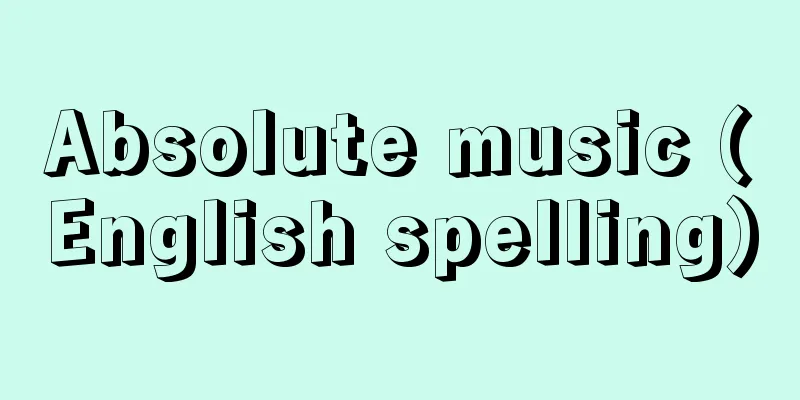
|
Instrumental music without a title. Absolute music is pure instrumental music that does not directly link to non-musical content such as pictorial scenes or literary content, but instead focuses on the compositional aspects of the sound itself. Therefore, it is used as a musical term in opposition to program music, which is the same instrumental music but has a title or description that tries to express a story or a specific scene. In 19th century Romantic music, the concept of absolute music was actively used by the German musicologist Hanslick to defend the pure instrumental music of Brahms and others against the symphonic poems of Liszt, which are representative of program music, and the music dramas of Wagner, which aimed to be comprehensive works of art. However, the boundary between absolute music and program music is not clear. Absolute music is by no means contentless, and it cannot be denied that it has a pure content that only music can express. In terms of composition, program music often applies the form of absolute music, such as sonata form. On the other hand, when it comes to appreciation, program music can be heard as absolute music, ignoring the title and explanatory text. The difference between absolute music and program music can be said to depend on the composer's creative intention, whether to focus on the composition of the music or to use the title as a guide for composition. [Hiroshi Nakano] Source: Shogakukan Encyclopedia Nipponica About Encyclopedia Nipponica Information | Legend |
|
標題をもたない器楽曲。絶対音楽は、絵画的情景や文学的内容など音楽以外の内容と直接結び付くことなく、音そのものの構成面に集中しようとする純粋器楽であり、したがって、同じ器楽でありながら、標題や説明文をつけて物語や特定の情景を表現しようとする標題音楽とは、対立する音楽用語として使用される。 19世紀のロマン派音楽においては、標題音楽を代表するリストの交響詩や、総合芸術作品を目ざしたワーグナーの楽劇に対して、ブラームスらの純粋器楽を擁護するために、絶対音楽の概念はドイツの音楽学者ハンスリックによって積極的に用いられた。しかし、絶対音楽と標題音楽の境界は明白ではない。絶対音楽はけっして無内容ではなく、音楽のみが表現しうる純粋な内容を有している事実は否定しえない。また構成面に関しては、標題音楽がソナタ形式など絶対音楽の形式を応用している場合が少なくない。一方、鑑賞に関しては、標題や説明文を無視して、標題音楽を絶対音楽としても聞くことができるのである。絶対音楽と標題音楽の相違は、音楽の構成面に集中するか、あるいは標題を作曲の指針とするか、作曲者の創作意図に左右されるといえよう。 [中野博詞] 出典 小学館 日本大百科全書(ニッポニカ)日本大百科全書(ニッポニカ)について 情報 | 凡例 |
<<: Absolute temperature - Zettai-ondo (English spelling) absolute temperature
>>: Absolute Monarchy - Zettaiōsei
Recommend
Republic of El Salvador (English spelling)
Located almost in the center of the Central Ameri...
Numbness - numbness
〘Transitive Ra 1〙 shibi-ru 〘Transitive Ra 2〙① To l...
Bracts - Houhou
A scholar and classical Chinese writer from the Q...
al-Mu'allaqāt (English spelling)
A representative collection of poetry from ancien...
Fujima Kan'emon
Kabuki choreographer and actor. (1) First (1813-51...
Calcined coke
…The volatile matter can be removed by heating th...
Cryoglobulinemia
(6) Cryoglobulinemia In 1933, Wintrobe and Buell e...
ppm - P.P.M.
A term expressing a ratio or proportion. Parts pe...
mouse-ear cress
…It is widely distributed in Asia, Europe, and Af...
Notoplana japonica (English spelling)
… [Minoru Imajima]. … *Some of the terminology th...
Foot soldiers - Ashigaru-shu
〘 noun 〙 Ashigaru (foot soldiers). Refers to foot ...
Dunning - Tokusoku
Under tax law, when a taxpayer does not pay the t...
Hitomotosusuki - Hitomotosusuki
A large perennial plant of the Cyperaceae family t...
Abendmusik - Abendmusik
…In 1668 he became organist at the St. Mary's...
Touseki
A great thief in ancient China. Lu reactor He is s...
